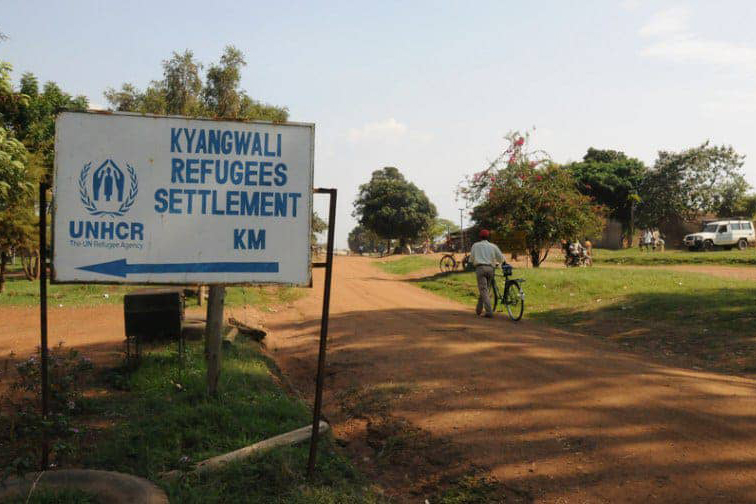Cases of sexual and gender-based violence (SGBV) are sharply rising in Kyangwali Refugee Settlement, Kikuube District, prompting renewed calls for urgent action from government officials and humanitarian organizations.
According to the Kikuube District Senior Probation Officer, Annet Kabahaguzi, women and girls in the settlement face widespread sexual abuse, often perpetrated by relatives or caregivers.
She said on average, a woman is raped and a girl is defiled every day within the settlement, yet most incidents go unreported.
“Gender-based violence affects both men and women, but it mostly affects women,” Kabahaguzi said.
“Even when men are abused, they don’t speak out. As for women, only a few report to police, and many end up withdrawing their cases out of fear or economic dependence on their abusers.”
She explained that many survivors remain silent because reporting a case often results in loss of support from the perpetrator, who is usually a family provider.
“Most of these women are raped by their brothers or caregivers. When they report, the man can no longer provide for her, so she keeps quiet,” Kabahaguzi added.
The probation officer also revealed that defilement cases rarely reach conclusion in court due to witness withdrawal or intimidation.
“Even when cases are taken to court, survivors fear to testify. The cases die along the way,” she said.
Kabahaguzi highlighted forced pregnancy and forced prostitution among the forms of gender-based violence affecting women and girls in the camp, noting that survival pressures often drive them into exploitative situations.
She made the remarks during a high-level dialogue on sexual and gender-based violence organized by Wezesha Women Initiative, a non-governmental organization operating in Kyangwali Refugee Settlement.
The dialogue was held in Hoima City and brought together government officials, humanitarian actors, and community leaders.
Lucy Otto, the assistant commissioner for family affairs at the Ministry of Gender, Labour and Social Development, said the impact of GBV is profound and widespread, urging collective action to address it.
“Gender-based violence is real, and its effects are real. It affects everyone. We must all come together to fight it,” she said.
Husnah Babra Keto, the executive director of Wezesha Women Initiative, underscored the need for continuous awareness targeting both men and women on the dangers of sexual and gender-based violence.
Meanwhile, Michael Nabugere, the Settlement Commandant for Kyangwali Refugee Settlement under the Office of the Prime Minister, said the government has established a framework to both prevent and respond to SGBV cases.


